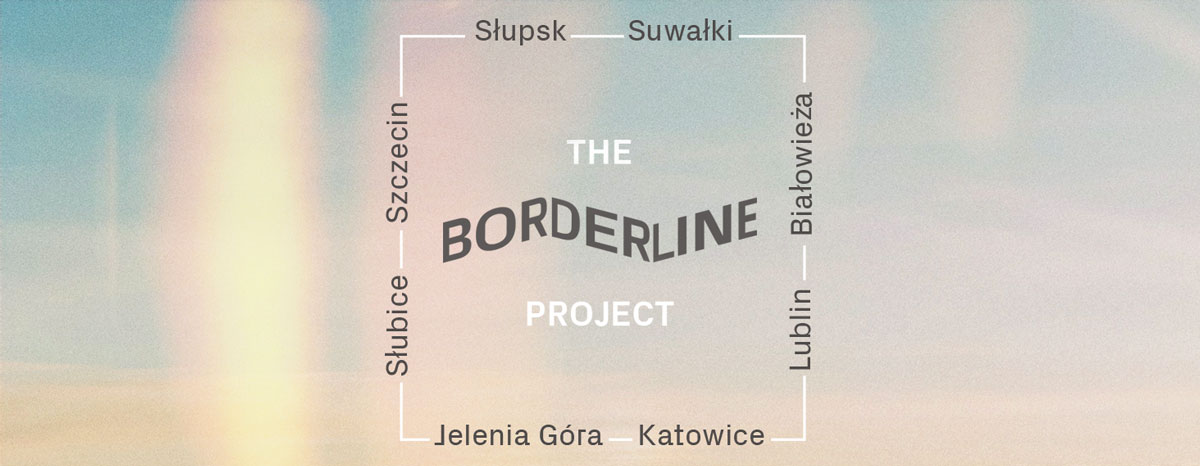
Borderline: An editorial project exploring Poland's borders
Published on
Translation by:
CafébabelWhat’s going on in Poland? Many young Europeans are asking themselves this question. When we think of Poland, we often think of controversial reforms and right-wing politics. With our new editorial project ‘Borderline’, Cafébabel will take a new look at the country and its borders. It’s time to change this one-sided view of Poland, which will be celebrating 100 years of independence this year.
Poland has made many headlines over the past years, and most of them weren’t positive. Whether it’s about banning abortion, controversial judicial reforms, new media laws or a restrictive refugee policies, it’s clear that ever since Poland has been led by a right-wing, conservative government, the country is being eyed suspiciously by its European neighbours. Does Poland still want to be part of the European community?
Many young Europeans find this shift to the right, with all of the stereotypes that come with it (Catholic church, alcohol, backwardness), a little Borderline.
Cafébabel’s new editorial project wants to break with this (recent) one-sided view of Poland. 100 years after Poland restored its independence, young Europeans will be heading to the country to report on Polish youth – their visions of the future and their relationship to their country’s history – through multimedia features. These feature reports will be cross-border; journalists will be focusing on border cities and their relationship to neighbouring regions. This will allow for a multi-faceted and authentic representation of Poland, and its role in Europe. The project will focus on the country’s youth - their everyday lives, their commitment, their initiatives and hopes, but also their worries and fears.
This spring, journalists will visit eight border cities around Poland. Four of these cities are on the German-Polish border, along the Oder-Neisse line: Słubice, Gubin (Guben), Zgorcelec (Görlitz) and Szczecin (Szczecin). The remaining four – Gdańsk, Białystok, Lublin and Katowice – are windows to Russia, Belarus, Ukraine and the Czech Republic/Slovakia. Two journalists from two different nationalities will be paired up and stationed in one of these border cities, providing a multi-layered view of Poland and Europe. At the end of the day, stories and discussions often go beyond the boundaries of a single region or country.
The application phase of the project will start shortly. We are looking for journalists and photographers from Poland and other European countries that would like to take a fresh look at Poland, and to see just how ‘borderline’ this country actually is.
--
Borderline is a project led by Babel International and Babel Germany, and is funded by the Bundeszentrale für politische Bildung (bpb).

Translated from Neues Reportage-Projekt Borderline: An Polens Grenzen entlang



